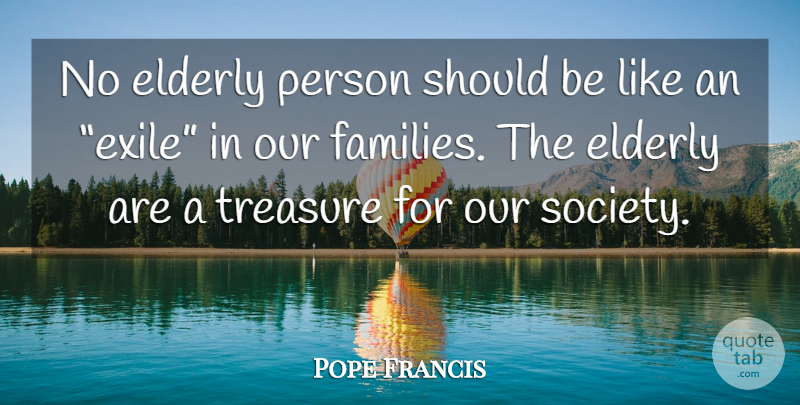Human life at all its stages is to be respected. The Catholic Times in a lead article discussed the respect for the elderly. In modern society, the elderly are not always seen as objects of respect and support.
The article quotes one professor: "Previously, filial piety, the respect for parents and the elderly, was the main value of society, but now it is no longer accepted because of changes in family structure, functions, and values. It has become difficult. Looking over the information on the elderly he sees discrimination and alienation occurring often among the elderly. The worst results are neglect and abuse.
The violation of dignity toward the elderly comes from a lack of awareness of their rights. This means cases of dignity infringement occur when an elderly person is perceived as a controllable entity. Looking at the cases of elder abuse they were perceived as possessions, not as persons who had decision-making rights.
A study on the concept of elderly human rights and experience of their infringement is perceived as an emotional human rights violation: when one doesn't do what they want or forced to do what they don't want to do—dignity has been violated when not respected.
The problem is that the lack of awareness of elderly human rights can produce more victims of abuse. This is because, in a society where the responsibility for caring for the elderly is given first to the family, people feel the burden of caring for the elderly due to aging, and as a result, stress and anger may accumulate, fostering aggression of people who lack the awareness of human rights.
According to the '2017 Report on the Abuse of the Aged' by the Ministry of Health and Welfare and the Center for the Protection of the Aged, more than half (58.8%) of the 8,415 cases of abuse occurred due to internal and external problems of supporting the elderly. Individuals' internal problems such as anger and impulsive personality were 34.5%, external problems such as stress, unemployment, and divorce were 17.8%, and the burden of supporting the victim was 6.5%, accounting for the majority of the causes of abusers.
In the 2018 Comprehensive Report on the Rights of the Aged, published by the National Human Rights Commission of 2018, 85.6% of respondents from young and matured adults said that "the care of the elderly should be the responsibility of the state or local governments." Only 57.6% answered 'yes' to the question of whether adult children should take care of the elderly in the family.
Experts advise that "elderly human rights awareness" and "care for socialization" are necessary to prevent their infringement. This means that the people who care for the elderly should be trained and the burden should be shared by society.
An Elder Abuse Response Plan to Enhance Human Rights in the Elderly recommends the need to expand the target of those to be helped: the importance of support programs for the elderly and families and a network to secure coping resources.
The priest chairman of a Social Welfare Committee said: "The church has emphasized the precious value of life' as in the past." The changing perception of the elderly is the result of the changing value toward life. The reality of today, of ignoring and feeling disgusted toward the elderly, who are helpless, weak, and unable to do productive economic activities, is a sign of how far we have come in a materialistic outlook on life. "The church should continue to make efforts to awaken the precious value of life and spread the culture of life through solidarity with interested parties, experts, and field practitioners in society.

No comments:
Post a Comment